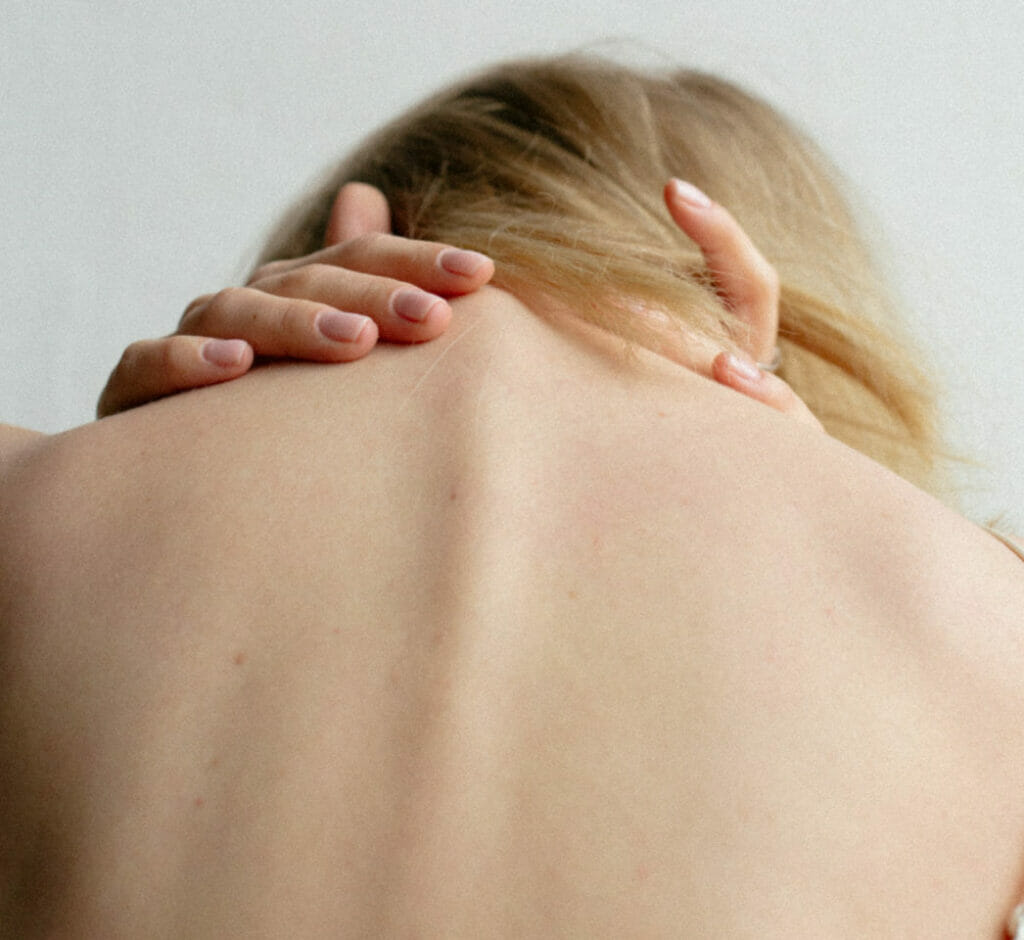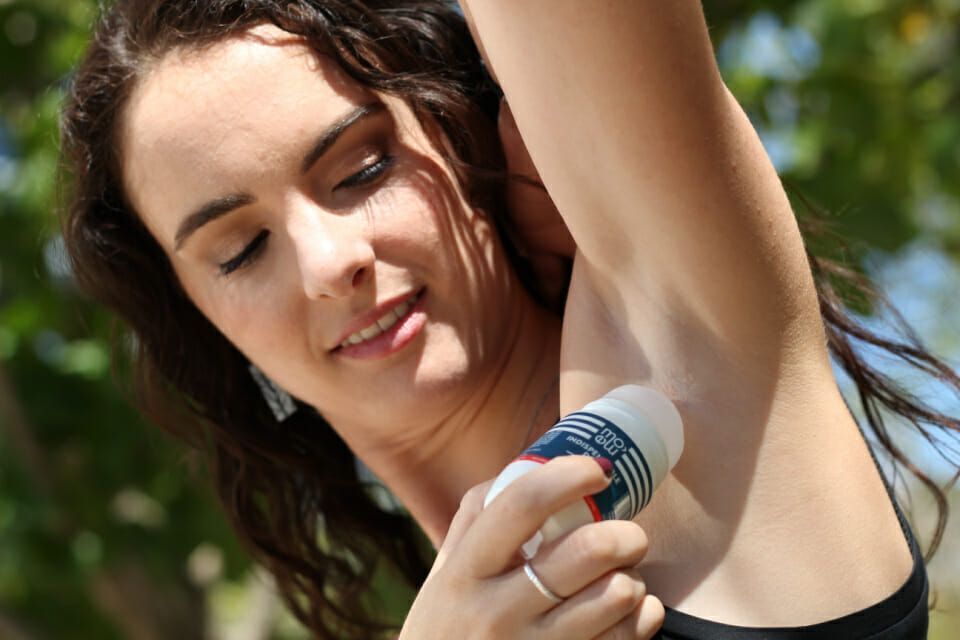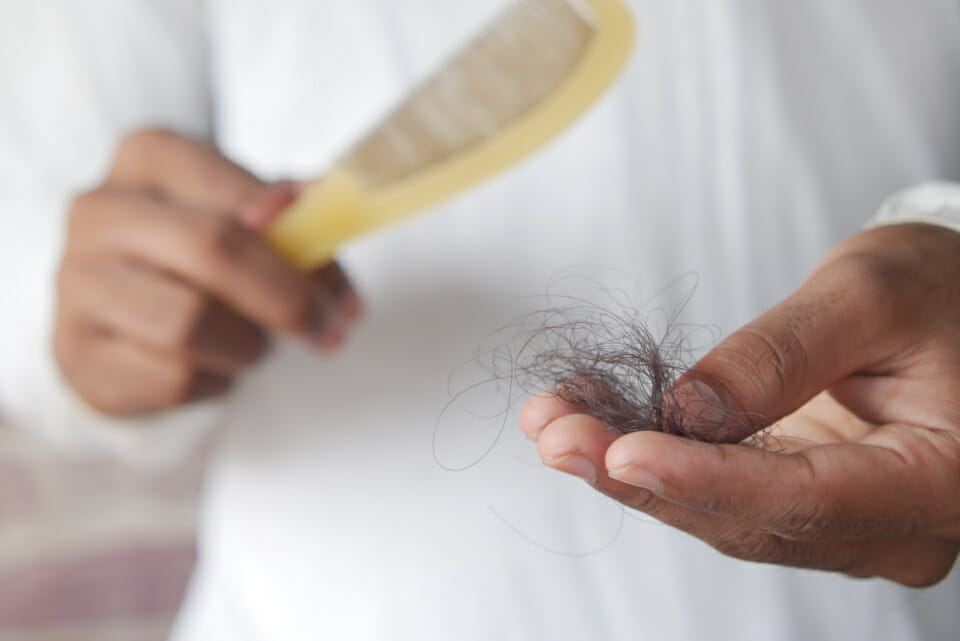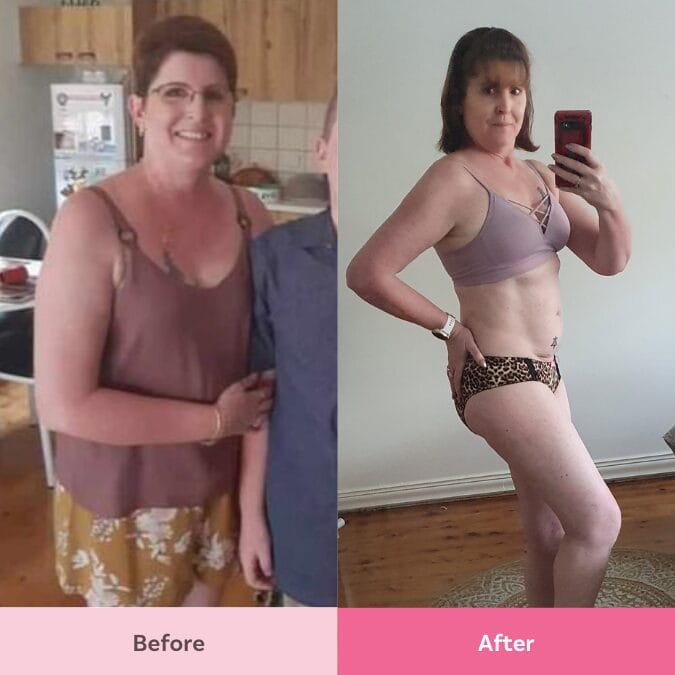10 lesser-known symptoms of menopause and how to manage them
Menopause isn't just hot flashes. Here are 10 lesser-known symptoms attributed to menopause.
Naturopath Sarah McLauchlan is one of our amazing Healthy Mummy wellness experts. In a recent podcast, she discusses the lesser-known symptoms of menopause. You can hear more about this topic in her podcast on the Healthy Mummy Menopause program.
Menopause is more than just hot flushes! In fact, there are lots of lesser-known symptoms of menopause women may experience but might not attribute to this change.
Most of us are aware about our periods becoming less frequent as well as moodiness with menopause – as our body has stopped ovulating and producing periods, and this can wreak havoc on our hormones.
But there are heaps of other symptoms, some you may attribute to ageing, but they are actually directly linked to this momental change in your body.
If you’re aged between 40 and 65, in some cases younger, you may be suffering with these exact symptoms right now. Your body begins to change several years before menopause actually takes place during the time we call perimenopause.

Common signs of menopause
Common signs of menopause include period changes, sleeping problems, hot flushes, anxiety, weight gain, low mood and night sweats, with women typically experiencing a combination of these symptoms during the early stages.
Naturopath Sarah McLauchlan says, “Menopause doesn’t just happen to ‘old women’, changes actually start in your mid 30s,” she says. “For some, they may notice changes once they’ve had babies, either after thier first or thier second.
“You may have changes to your period cycle or the length of your cycle. You may have new symptoms like a headache, feeling sweaty, hot flushes, panic attacks or anxiety around your time of your month.”

During menopause, our oestrogen and progesterone levels change. These fertility hormone changes are the reason we feel like we are on a rollercoaster, as they spike then crash down.
“That’s why we notice big shifts in our cycle, it’s because oestrogen levels go up before it goes down. Hormones are a rollercoaster – one minute up, the next you are down,” explains Sarah.
“When oestrogen is high like that, it can that make us feel aggressive and irritated. It’s the same hormonal imbalance that teenagers go through, as their brains are changing and rewiring.
“It’s the same when you are going through perimenopause. Your brain is very addicted to oestrogen and this is why we get brain fog and can’t concentrate or focus.”
10 less-common known signs of menopause
Joint pain

You may notice that your knees, shoulders, elbows, hands and neck seem a lot stiffer than before and you are suffering from more joint pain. This is down to your oestrogen levels diminishing, as this hormone helps reduce inflammation.
Some of the best things you can do to improve your joint pain is to lose weight if you are overweight – as body fat puts more pressure on your joints. Make sure you are also getting enough rest and not over doing it. Building muscle also helps improve your flexibility as well.
Vaginal dryness, painful sex and itching

As oestrogen decreases, your vagina may become dryer and this can also lead to more painful sex, lower libido and even itching down there as well. Try avoiding using soaps and other things that may make the problem worse.
Keeping hydrated will also help with lubrication as well. Speak with your health care professional if the problem persists.
Unitary tract issues

While your reproductive hormones decline, the lining in your vagina thins and this can cause you to have problems with your pelvic floor, which helps holds your urine in. This can cause bacteria to get into your unitary tract and cause infections.
Make sure you urinate after sexual intercourse, wipe from front to back, have showers rather than baths and work on your pelvic floor exercises to reduce the chances of getting UTIs.
Headaches

Many women going through menopause notice they are getting more frequent headaches, plus they are more sensitive to light as well. This may be because they suffer from hormone-related headaches.
By eating more regularly and cutting out stress, you may be able to keep headaches at bay.
Low libido

If you are taking medication for menopause, it could affect your libido. A change in hormones plus vaginal dryness, hot flashes and mood swings might also be hindering how you are feeling about yourself and make you not feel like you want to have sex.
Be open and honest with your partner and you can also speak with your GP to change your medication.
Breast tenderness

Some women find their breasts are tender nearer the time of their period and they might also find that their breasts are tender while they are going through menopause. Again, it’s down to those pesky hormones!
What’s more, one in five women notice an increase in their breast size during menopause! For some women their boobs get smaller but there are some women that when you gain weight, your boobs grow, and some women put on weight during menopause. Others notice a ‘redistribution’ of weight.
Try wearing a supportive bra and take warm showers to reduce the pain and inflammation.
Body odour

Hot flashes and more sweating may cause you to smell a bit more and suffer from body odour issues. By washing frequently, using an antiperspirant or deodorant and shaving the armpits you may be able to stop the smell.
Also, try avoiding alcohol and certain foods, such as onions and garlic, that will prevent smelly armpits in some cases.
Hair thinning

Menopausal women may notice their hair thinning, breaking or even falling out during this time. Studies show that around 40% of women notice changes with their hair during menopause.
Keep your stress in check, eat a healthy diet and exercise frequently to help keep your body healthy. If you have any concerns, speak with your GP.
Dental issues

As your body may feel dryer, it can cause your mouth to dry and your salivary glands might stop producing as much saliva. This can lead to gum disease and cavities because oral bacteria aren’t being washed away as regularly.
To stop gingivitis and tooth decay, make sure you brush your teeth frequently and eat a healthy, balanced diet – ditch the junk food and sweet treats.
Feeling clumsy

Your spatial awareness may get altered during menopause. In fact, two in ten women report this. Changes in your perception as well as your eyes become drier and your concentration dipping can make your more accident prone.
Menopause treatments, such as hormone replacement therapy (HRT) that can help regain your balance and reduce bruising. Speak with your GP for more on this.
For the full podcast, check out the wellness app.
Get access to hormone balancing recipes, gentle Yoga, and meditations in our 3 day menopause program
Our three-day plan will help you smooth the hormone fluctuations; so you can feel calm, confident and comfortable in your body.
Our comprehensive 3 day program, will provide you with:
- Meal plans using natural ingredients with hormone balancing properties, including recipes for 3 main meals & 3 healthy snacks per day
- Guided breath-work programs designed to improve oxygen to the brain to counter stress and brain fog, so you’ll feel calmer and clearer
- Guided Yoga, Pilates & Meditations to improve energy, digestion, Pelvic floor and symptoms of PMS
- Podcasts and info-blogs from psychologists, nutritionists and our expert Wellness Team helping you to understand menopause and how to manage it smoothly
- Easy to follow 3 day program guides you on when to take each step to make things super simple and effective
- Everything at your finger tips you can easily access the program from your Healthy Mummy account on your smart device









